Immediate Need: 403-664-3767
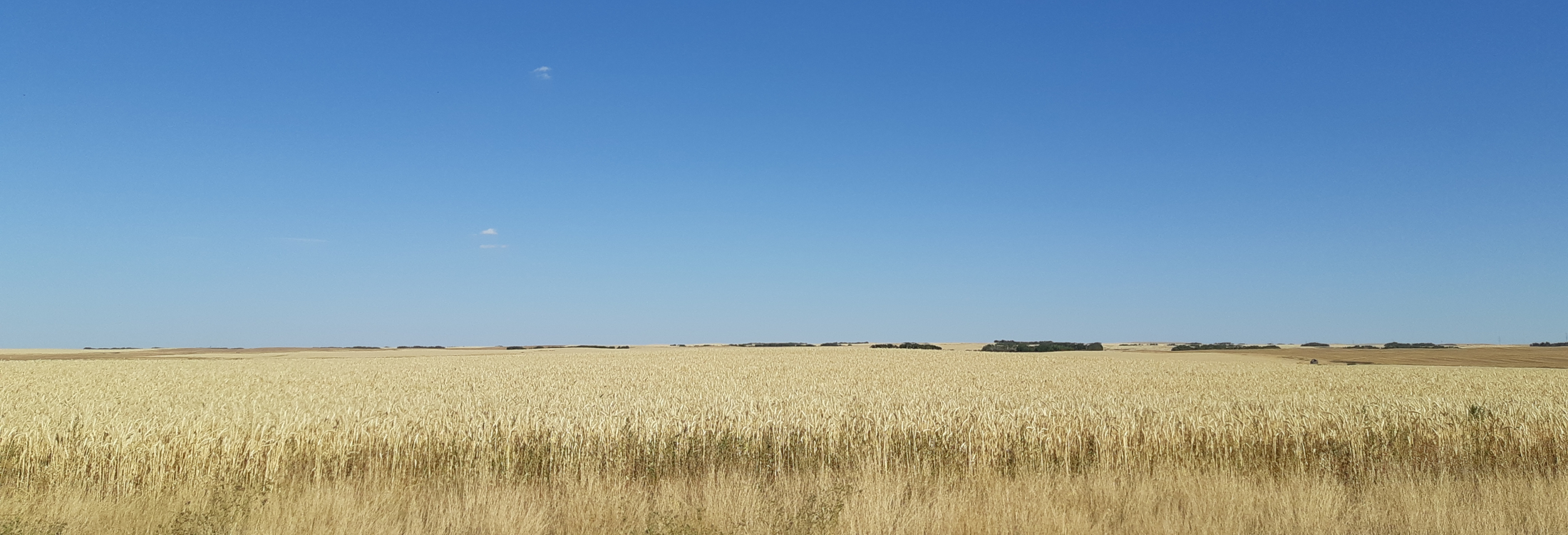
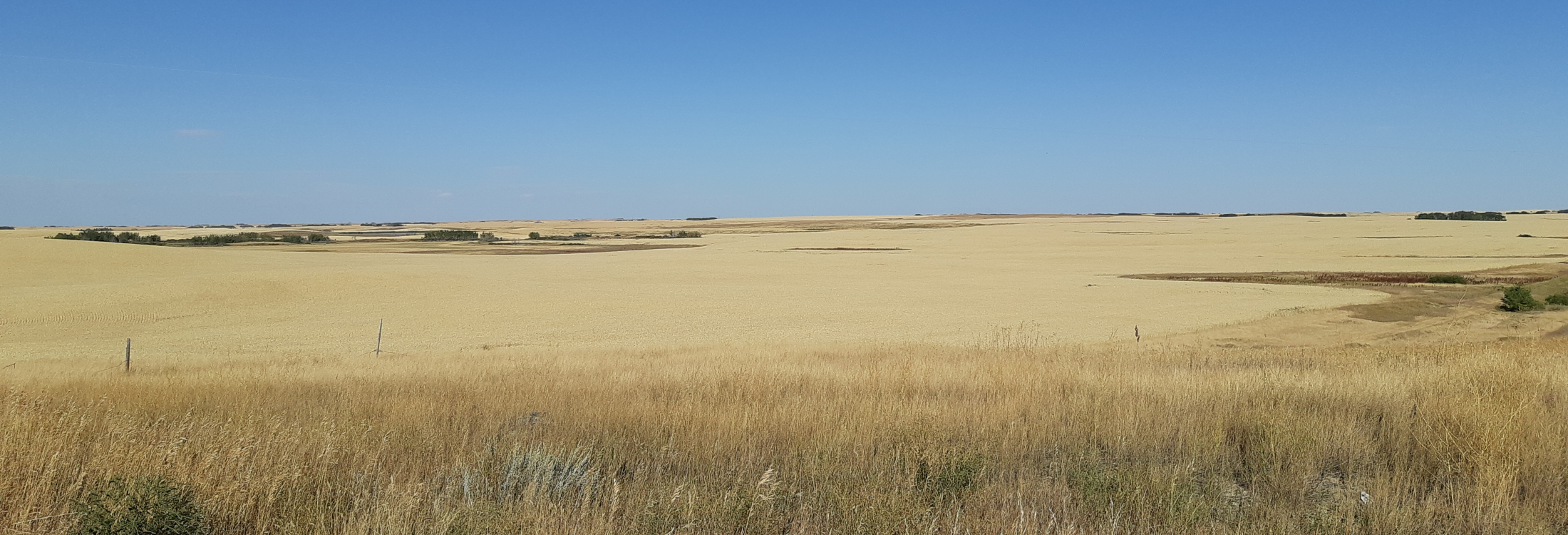
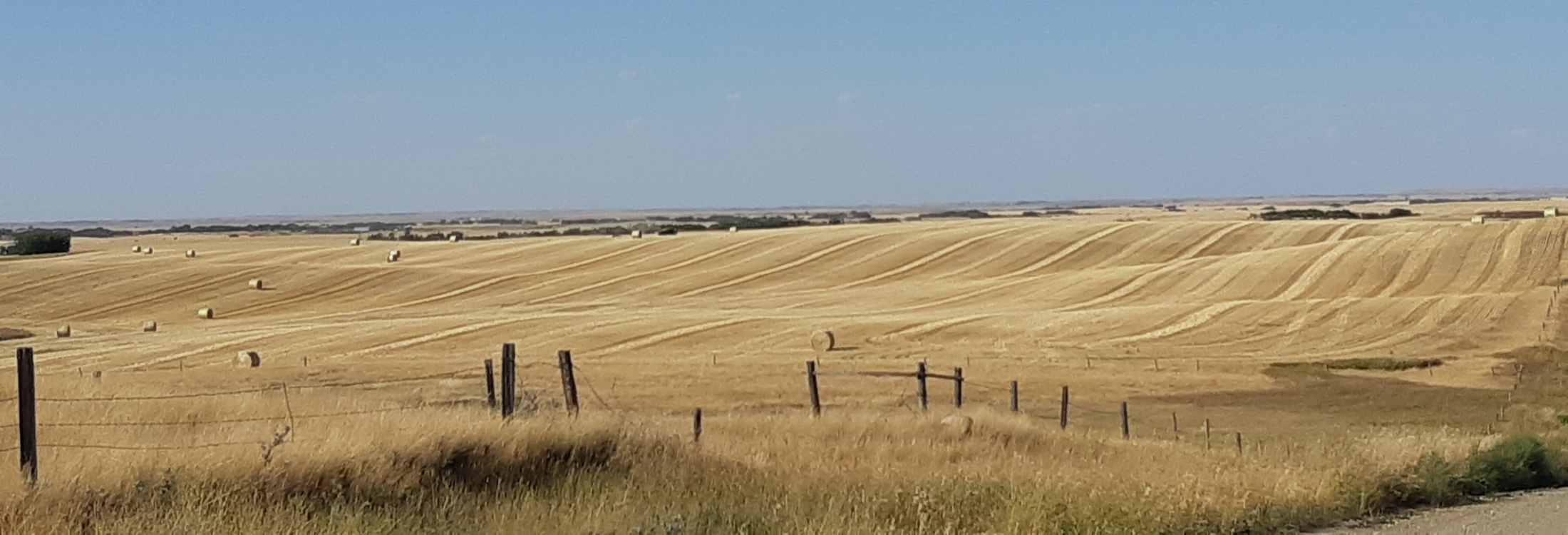
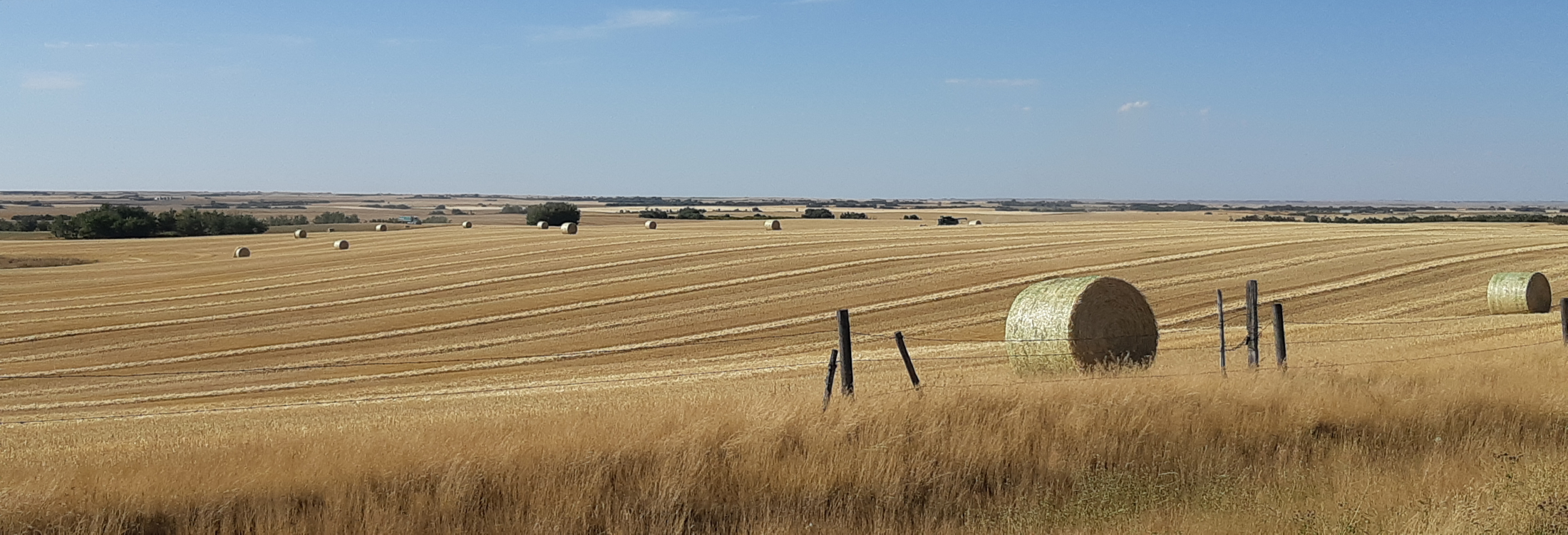
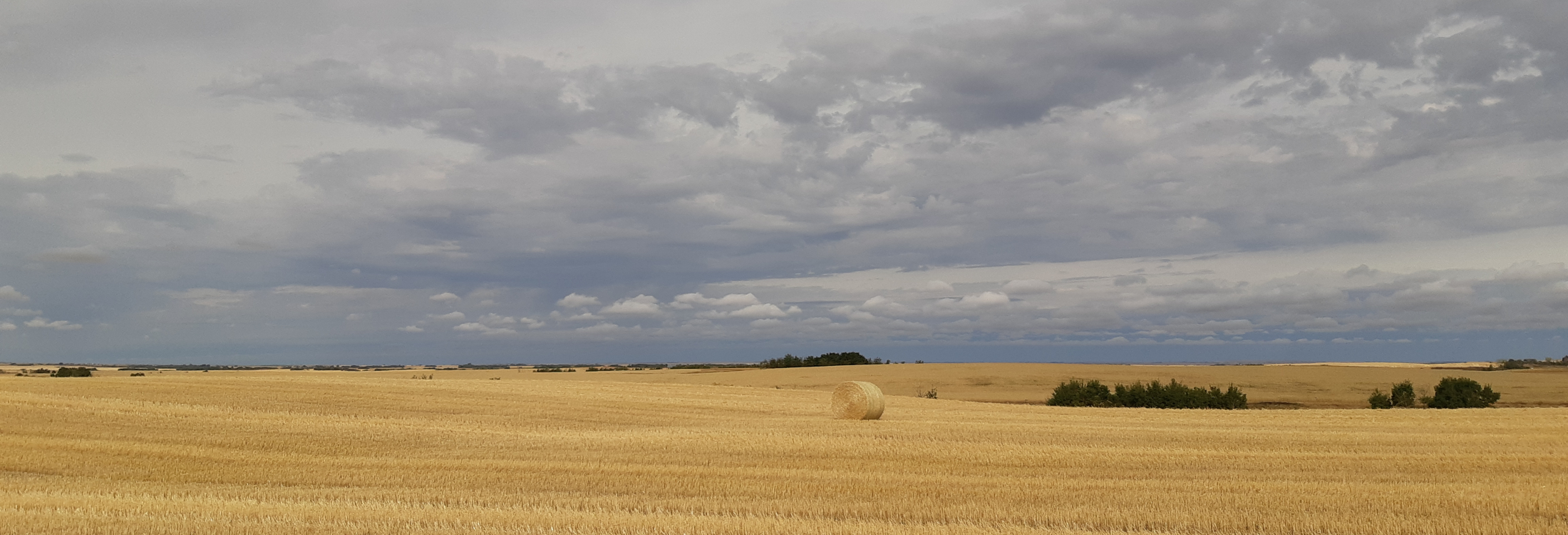

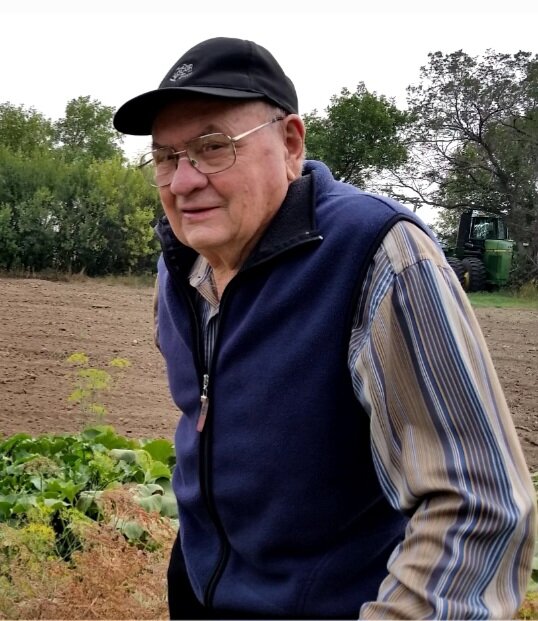

Celebration of life
Obituary of Vernon Russell Johnston
Vernon Russell Johnston was born on May 11, 1931 to Russell and Louise Johnston on a farm in the Helmsdale area. He became the elder middle of four boys.
Vernon loved learning new things and sharing what he learned. Over his 91 years, he taught himself a great deal about a great many things. Vernon was bolder than his older brother Wes, and was never afraid of a little height and a little thrill. His favourite high climb was the windmill tower. He’d lay up on the platform watching the clouds sail by. Once his mother noticed him up there and shouted, “Vernon you get right down here now.” He took the chance to show her his latest skill – to skip the ladder and slide down the outside corner of the tower instead. She never told him to hurry down again.
He tended to focus deeply on what he was interested in, and was a careful thinker. What he knew completely, he knew firmly. It was hard to change his mind; but then, he always had detailed reasons not to. Of his many passions, the two he held the longest and the dearest were for his wife Helen, and for farming in this community. He never changed his mind about those either.
He was seven years old by the time the relentless dryness of the dirty thirties began to break, and with the rains he discovered frogs. He’d never seen or heard the little creatures before. He brought one back to the house to show his mother – by carefully tucking it in his closed mouth. After it leaped from his tongue to the kitchen floor he announced proudly, “I think I found a frog!”
One of his enduring childhood thrills was skiing to school. You can almost hear the snow scratching beneath the wood as he flew along the long downhill stretches. Sometimes his horse is towing him, sometimes the wind alone pushes him on. It was a vivid memory, so vivid that when his first grandson was born, he did not contain himself very long before getting the boy on his first pair of skis.
Just when Vernon was wondering if he should become a cowboy or truck driver, he met a local girl named Helen Dziatkewich. Staying around suddenly became much more important. When Helen was teaching up in New Brigden, Vernon would be sure to drive up at the end of the week to bring her back south. It wasn’t always an easy trip. The practical among us would say “sometimes lots of mud, sometimes lots of snow.” In Vernon’s telling, with the memory of his early courtship bright in his eyes, those trips became adventures of daring and peril and triumph. He always got her home. They always made it to the dance.
They married in 1956. Their home was their pride, and they worked hard at building its yard and gardens and orchard. They always enjoyed hosting friends and family. Over the years, and especially once they had built a rumpus room fit for square dance club practices, and made his grandfather’s old barn fit for community dances, they became skilled at finding reasons to gather and celebrate. Vernon jumped on every chance to arrange a reunion or gathering to happen at the same time as their wedding anniversary. There was an extra sparkle when he roused us to pancake breakfast on his loudspeaker, or took the mic in the barn to note that today was the day he married Helen.
They were partners in life, as well as in dance. As with all marriages, the many times Vernon stepped on Helen’s toes off the dance floor are hers and hers alone to know, to forgive, and to forget. They kept their rhythm. He limped when he walked after his hip surgery, but never when dancing with Helen. As one family member said, “it was always such a pleasure to see them dance”.
Until his late thirties, Vernon farmed in tandem with his father Russell. The young man chafed at holding off his interests in new tractor technology and crop breeding to accommodate his father’s set ways and interests in hay bales and bull breeding.
He studied his calling to keep up to date on the latest issues, trends and research in farming. Vernon and Helen were blessed with many good years and good rains. There was little he couldn’t fix – whether himself or with the help of a neighbour – and being on his land doing things his way suited him.
As he aged, Vernon increasingly farmed in tandem with his daughter Marlene and son-in-law Graham. Although his set ways called for accommodation, they shared a great deal of labour and equipment over the years. His goal was to be an active farmer and bring in a crop until he was 80 years old. Vernon held a clear memory of his own grandfather at 80 putting up hay in the barn in the fall before dying that winter. The milestone meant a lot to Vernon, and he made it. He did not do it alone.
Vernon was a notably patient teacher who could talk you through almost anything step by step. He began training his best truck driver Sandra around the age of nine. His daughters were soon in charge of dumping and returning the grain trucks onto the field so that his combine never had to stop running. His girls could do anything a boy could do. And I have it on good authority from Vernon that they could probably do it better.
A good teacher knows, when someone makes a mistake, you let them keep going. When his nephew set his tractor on top of a rock pile instead of going around it, Vernon took it in stride. He pulled his tractor off and set the youth back at it. When he was teaching Marlene to shoot a rifle, and she put a grazing bullet hole through the hood of his truck, Vernon took it in stride. Always let them try again.
Much of his eagerness to teach seemed to come from his constant curiosity. When he learned something new, his immediate instinct was to share it with everyone who could use the information. That meant the odd lesson in things you didn’t know that you needed to know until Vernon discovered it and told you about it.
Vernon and Helen maintained a winter place in Yuma for around a decade and really enjoyed it. When they discovered the card game Pinochle down there, his enthusiasm for it came back up with him to Canada. He set up detailed instructions, and with the help of Helen’s neat handwriting, they prepared a jam-packed single sheet of paper that told you everything you needed to know about Pinochle. Everyone in the family got a copy of that sheet, and we were each sat down for a session of learning how to play.
Vernon became a sharp hunter and trapper at an early age. He hunted with many of his family and neighbors, including treks to hunt mountain sheep. He enjoyed special hunts with his brother-in-law Ed. His final trophy came – again at age 80 – when, with the help of Clyde McBain’s driving, Vernon stepped out of a truck and steadied himself in time to take down an Elk that was fleeing for the safety of the British Block. Its front feet skidded to a stop at the fenceline. Everyone in the family got a copy of that picture, and we were each sat down for a session of hearing the tale.
His love of heights led him to flight. He was a flying farmer for many years, and logged many hours in his Cessna going to breakfasts and conventions, wildlife spotting, and investigating potential archaeological sites. He thrilled at letting his daughters have a go. As you’d expect from someone with his high risk tolerance, when teen-aged Sandra had the controls and asked him, “Can I fly it really low, Dad?” he took a breath but agreed to let her. Marlene followed him to become a licensed pilot at age 18.
Vernon followed his own father’s life-long interest in archaeology. He tended to walk head bent, stepping carefully, always scanning. He talked often with other members of the archaeological society and fellow enthusiasts, and read broadly about the subject. He was thrilled to introduce two generations of new spouses to the family pastime, and he arranged day tours of local sites. He touched the latest generation with his passion by taking his collection to local schools for a talk and a chance to hold a variety of hammerheads, scrapers and arrowheads.
Vernon played baseball, curled, and floor curled every chance he could, and for as long as he could. We must mention that he also spent many hours and many years learning how to make beautiful woodwork, that he taught himself masonry because he liked the look of a stone wall and decided to build one, and that he spent many years poring over star charts and astronomy books and waiting outside in the dark for a comet or a planet to rise. When we buried him this morning, a waning gibbous moon was setting on the western horizon.
Local history also meant a great deal to him. If you want to, you could stand on a road today and trace the very slope Vernon skied to school. You could stand and see for yourself where many children raised in the Esther, Chinook, Cereal and Buffalo districts walked and rode from their farmhouses to their rural schoolhouses. You can do that today, because Vernon and many of his neighbors got together to weld and put up markers for where those schools had been.
He came from a time when things happened because people worked together to make sure they happened: rural electrification; public health care; passable roads. He knew in his bones that we don’t have what we have because somebody far away decided it was a good idea. People here came together and did it. He spoke up for that idea often.
In his time, Vernon organized a snow plow club with his neighbors. He served over 25 years in debate and deliberation with his fellow Alberta Wheat Pool delegates on the issues of the day. He joined the Oyen senior’s center and was an active part of maintaining this building and supporting the activities within it.
Even though he seemed at his best doing things alone and according to his own plan, so much of what he did drew him into his community. He wasn’t always easy to get along with, but he knew the power and importance of getting along. That is a deeply interesting contradiction, because he always seemed comfortable with the notion that staying in society isn’t easy. It was good. It was necessary. And he never stopped trying.
It fits, then, to tie Vernon’s life together with words from someone else. Many of you will remember that the Wheat Pool mailed out a newsletter called the Budget. In 1985, when they had been including poems written by normal rural people for over 40 years and had over 2000 to choose from, the Wheat Pool published a little booklet of verse. The poet is a fellow Alberta farmer that the book describes as a man, I quote, “whose entire life was spent in Alberta serving agriculture.” He was probably a lot like Vernon.
BELOW THE HILL
The breeze that waved the prairie grass is calm now.
The sun that burned the desert sands is set now.
So all is dark, and mute.
The lark that sang through all the day has gone now.
The hare that leaped and jumped and hid is still now.
So all is hushed, at rest.
The worry that beset my soul has fled now.
The dread that I would not succeed – I scorn now.
So come to bed, and sleep.
The recording of the service is now posted.
Let Us Tell Your Story




